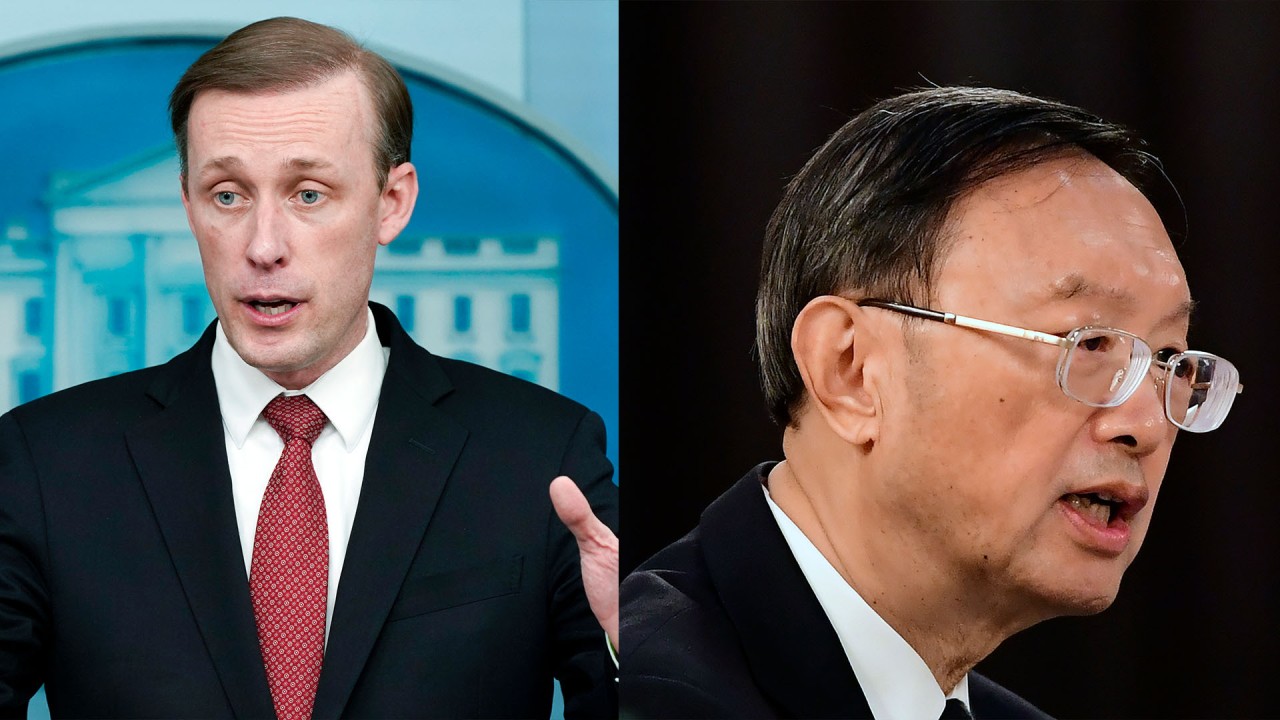
Empty talk must end for Sino-US relations to show improvement
- Discussions between top officials of both countries concluded in disappointment, but at least they agreed to disagree and keep communications open
It is intriguing that talks in Rome between China’s top diplomat and the United States’ national security adviser lasted seven hours, an unexpectedly long time for two sides on bad terms. But if this raised hopes of an easing of tensions exacerbated by the war in Ukraine, and for direct talks between presidents Xi Jinping and Joe Biden, they have been dashed.
At best the two sides agreed to disagree and keep communications open.
The outcome is disappointing, even though preparations for the meeting began last year. It might have been held last month, before the Ukraine war, but for a delay said to be linked to a China’s unhappiness with a US diplomatic boycott of the Winter Olympics.
So while the Ukraine war stood out on the agenda, it was far from the only reason for the meeting between Yang Jiechi and Jake Sullivan. It was really about stabilising free-falling China-US relations.
That said, the Ukraine crisis did give it a sense of urgency. Sadly, statements from the two sides reflected failure to resolve fundamental differences.
China will continue to stand firm against continuing American pressure, not only on Ukraine but also Taiwan, Hong Kong and Xinjiang. Beijing is angered by the perception that the US is portraying it as having colluded with Russian aggression in Ukraine and having had foreknowledge of invasion plans, characterising it as disinformation warfare.
Qin Gang, China’s ambassador to the US, has rammed home the point in an opinion article for The Washington Post, saying that Beijing would have tried its best to prevent the war if it had known about it.
Two things say something about the current state of Beijing-Washington relations. One is that Xi and Biden have been in touch with other world leaders about the Ukraine crisis, but not with each other.
The second is that a sticking point for Beijing is what it sees as Washington’s failure to honour promises by the American president during the Xi-Biden November summit, particularly on Taiwan. Without concrete evidence that another summit can achieve substantive results, and that the US takes agreements seriously, there is understandable concern it is just empty talk.
‘China would have tried to stop Ukraine war’: Beijing’s envoy to US
China has led global calls for a ceasefire and peace talks in Ukraine. The US has warned that if Beijing supports Russia, it will face secondary sanctions.
This will do nothing to resolve their differences. In any case, China will not back Russia to the hilt, given that respect for sovereignty is a core principle of its foreign policy.
At least the two sides have agreed to continue trying to resolve their differences through talks. But as long as China is not convinced that the US really wants to maintain the status quo in the Taiwan Strait, the relationship is unlikely to improve.


